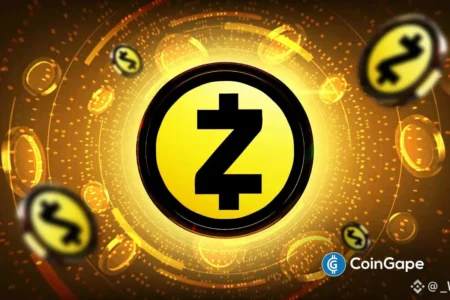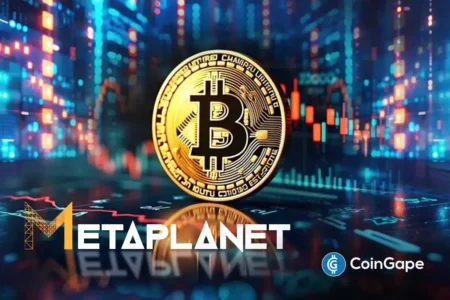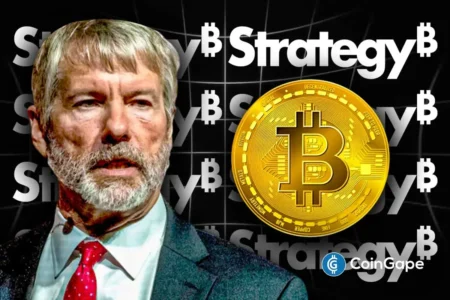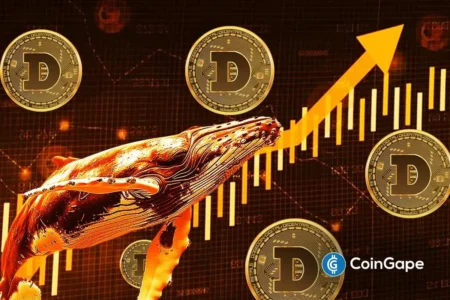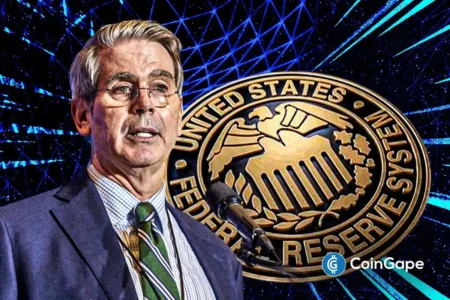Exciting Launch of New Crypto ETFs: A Look at BSOL, LTCC, HBR, and GSOL
In a significant development for cryptocurrency investors, the Bitwise Solana Staking ETF (BSOL), Canary Litecoin ETF (LTCC), and Canary HBAR ETF (HBR) are set to launch imminently, marking a pivotal moment in the world of crypto finance. The announcement of the launch dates for these ETFs was confirmed by Bloomberg ETF analysts and is backed by recent filings with the U.S. Securities and Exchange Commission (SEC). This article seeks to explore the implications of these new ETFs, particularly in light of the current legal landscape, and how they can benefit investors.
Approval from Major Exchanges
The New York Stock Exchange (NYSE) and Nasdaq recently received approval to list several new cryptocurrency ETFs, including BSOL, LTCC, and HBR. The approval marks an important step for Bitwise Asset Management and Canary Capital, as it affirms the growing acceptance of cryptocurrency investment products within formal financial markets. NYSE Arca’s approval for BSOL was articulated in a CERT filing dated October 27, while Nasdaq’s acceptance of LTCC and HBR was revealed through Form 8-A 12(b) filings. With these approvals, investors will have more opportunities to engage with prominent cryptocurrencies like Solana, Litecoin, and Hedera.
Upcoming Launch Dates
The launch of these ETFs is highly anticipated, with BSOL, LTCC, and HBR set for trading starting October 28, and the converted Grayscale Solana ETF (GSOL) following suit on October 29. Providing additional insights, Canary Capital CEO Steven McClurg expressed enthusiasm for the upcoming launches, noting that these are the next wave of token ETFs to go effective after Ethereum. This new influx of token ETFs is expected to broaden the market and appeal to a wider investor base eager to diversify into cryptocurrency assets.
Regulatory Context
The recent ETF launches occur despite a challenging regulatory environment marked by the U.S. government shutdown. These new products are gaining traction due to the language stipulating that issuers can amend their S-1 forms, resulting in automatic effectiveness 20 days after filing—even without direct SEC intervention. This regulatory framework has created a unique opportunity for these crypto ETFs to come into existence even in the face of governmental delays. This development indicates a remarkable adaptability within the crypto financial market, showcasing its resilience amid potential hurdles.
Market Expectations Amid Challenges
Bloomberg ETF analyst James Seyffart has indicated confidence in the imminent trading of the Solana, Litecoin, and HBAR ETFs, fueled by guidance from the SEC’s Division of Corporate Finance. The clarification on the application of certain regulations has prompted enthusiasm from various market observers. However, noteworthy corporate legal expert Scott Johnsson cautioned that while rushing into automatic effectiveness is not an entirely new process, it introduces specific risks, including the potential for stop orders or increased fraud risks during the government shutdown. Investors should be aware of these nuances as they navigate this evolving environment.
Implications for Investors
The launch of these new cryptocurrency ETFs represents a significant milestone for both institutional and retail investors. Investors can expect greater accessibility to high-profile cryptocurrencies through regulated investment vehicles. Furthermore, the existence of ETFs like BSOL, LTCC, and HBR facilitates a more straightforward means for investors to gain exposure to cryptocurrency markets without directly holding the underlying assets. This can reduce some risks associated with private key management, making it an appealing option for those hesitant to dive into direct cryptocurrency transactions.
Future Outlook for Crypto ETFs
The introduction of BSOL, LTCC, HBR, and GSOL is likely just the beginning of a broader trend toward the acceptance of cryptocurrency ETFs within traditional financial markets. As regulatory clarity continues to evolve and investor interest in digital assets grows, we can expect to see more diversified offerings in the ETF space. These developments mark an exciting time for the cryptocurrency landscape, as institutional participation increases and offers new opportunities for investment. As the market for crypto ETFs develops, stakeholders should remain informed about regulatory shifts and market dynamics that could influence future launches and investment strategies.
In conclusion, the upcoming launches of these new ETFs present a new opportunity for investors to engage with the fast-evolving world of cryptocurrency. As these products hit the markets, they could very well change the landscape for cryptocurrency investment in the coming years.










